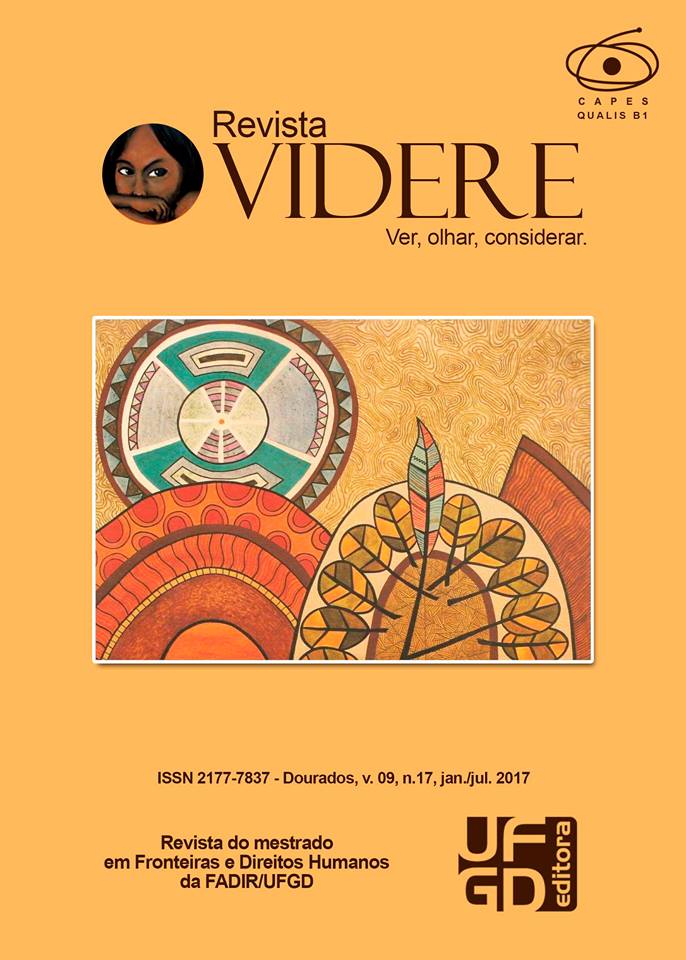De Walter Benjamin a Theodor Adorno: traços que permanecem na contemporaneidade
DOI:
https://doi.org/10.30612/videre.v9i17.5301Keywords:
Capitalismo. Escola de Frankfurt. Massificação.Abstract
O ensaio traz como base a crítica ao capitalismo, no que se refere aos efeitos negativos que ele impõe aos indivíduos, a partir dos estudos da primeira geração da Escola de Frankfurt. Analisar-se-á a história das ideias a partir de Walter Benjamin, Herbert Marcuse, Theodor Adorno e Max Horkheimer. Benjamin afirma que vive-se a perda da aura das obras de arte, já que a sua comercialização faz com que se perca a essência daquelas obras. Ademais, a imposição da novidade às obras e aos produtos consumidos representa uma ferramenta de manipulação do capitalismo, culminando na pobreza da experiência humana. Marcuse afirma que a sociedade vive o princípio do desempenho, que provoca modos de vida uniformizados, baseados numa concepção de trabalho e diversão homogêneos. Adorno propôs que o tempo livre provocava uma sensação de liberdade nos indivíduos, mas, na realidade, tratava-se do exercício de uma não liberdade, já que as formas de diversão seguiam à risca os padrões exigidos pelo capital. A partir do método adotado pela própria Teoria Crítica, afirma-se que a presente discussão teórica só se torna efetiva quando aplicada à prática, à sociedade atual.Downloads
Downloads
Published
How to Cite
Issue
Section
License
Authors must accept the publication rules when submitting the journal, as well as agree to the following terms:
(a) The Editorial Board reserves the right to make changes to the Portuguese language in the originals to maintain the cultured standard of the language, while respecting the style of the authors.
(b) Authors retain the copyright and grant the journal the right to first publication, with the work simultaneously licensed under the Attribution-NonCommercial-ShareAlike 3.0 Brazil (CC BY-NC-SA 3.0 BR) that allows: Share - copy and redistribute the material in any medium or format and Adapt - remix, transform, and create from the material. CC BY-NC-SA 3.0 BR considers the following terms:
- Attribution - You must give the appropriate credit, provide a link to the license and indicate whether changes have been made. You must do so under any reasonable circumstances, but in no way that would suggest that the licensor supports you or your use.
- NonCommercial - You may not use the material for commercial purposes.
- Sharing - If you remix, transform, or create from material, you must distribute your contributions under the same license as the original.
- No additional restrictions - You may not apply legal terms or technological measures that legally restrict others from doing anything that the license permits.
(c) After publication, authors are allowed and encouraged to publish and distribute their work online - in institutional repositories, personal page, social network or other scientific dissemination sites, as long as the publication is not for commercial purposes.



















